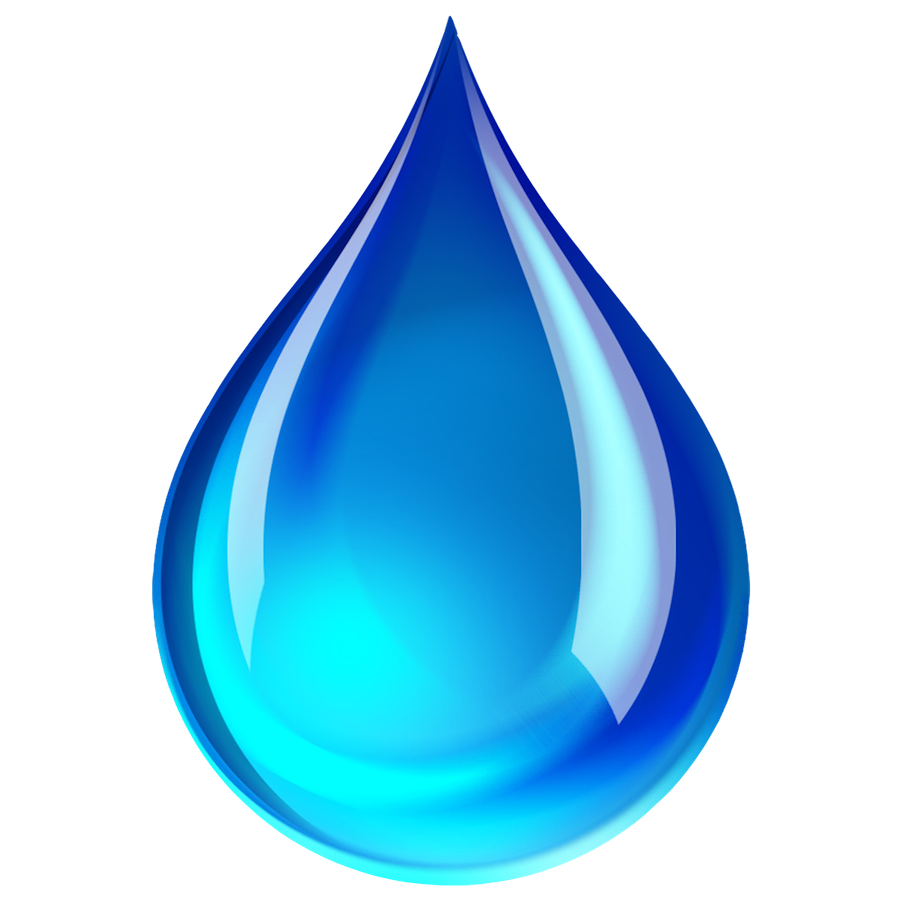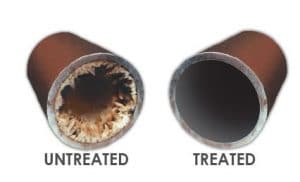 When people in the water industry talk about “hard” or “soft” water, we assume that our audiences know what we mean. But just because you have signs of hard water doesn’t necessarily mean you know that’s what they are. So let us begin there.
When people in the water industry talk about “hard” or “soft” water, we assume that our audiences know what we mean. But just because you have signs of hard water doesn’t necessarily mean you know that’s what they are. So let us begin there.
The most common signs of hard water include:
- Soap scum and water spots. The buildup you find on shower doors and the spots on your drinking glasses are often caused by hard water.
- A less sudsy bath. Not being able to work up a good lather with your shampoo or body wash is one of the tell-tale signs of hard water.
- Fading fabrics. Hard water can cause even the cleanest clothes to look dingy.
- Scaling. You know that “goop” that builds up in your shower head? It’s called scale, and it’s one of the more common signs of hard water. If you can’t actually see the scale, you could experience its effects through poor water pressure.
Identifying the signs is the first step to treating hard water, so inspect your taps and clothing carefully.
Common Questions and Answers about Identifying and Treating Hard Water
What is hard water? Simply put, hard water is water that has mineral deposits in it. Iron, calcium and magnesium are three of the most common elements.
How does water get hard in the first place? Water is a corrosive compound. As it runs through soil and rock, it breaks them down and picks up little “souvenirs” from its journey. Those impediments settle into the water, and then eventually into your pipes, your clothes and you.
Who gets hard water? About 85% of the country has hard water to some degree. Both well water users and city water users tend to have hard water and the amount of hardness will vary depending upon the source and the area.
What is hard water doing to my pipes? The minerals your water picks up will eventually clog your pipes as those mineral deposits build up along the sides of the walls; in a nutshell, that’s what scale is. If you don’t have it taken care of by a professional, your pipes could eventually become too clogged to be effective anymore, causing untold amounts of damage and loss of water pressure.
Is treating hard water difficult? Not anymore. And because there are so many products on the market, it’s not terribly expensive, either. Most home and business owners use softener and conditioners in their treating of hard water, and some opt to filter all the water that runs through the house and yard.
Is hard water dangerous? Not usually. The real danger of not treating hard water is how much money it will cost you if you don’t do something about it. You’ll waste thousands of dollars over the course of your lifetime, and your plumbing bills can get very high if you go too long without checking your pipes for scale or corrosion. You run some risk, however, if you continue to drink water that has heavy metals in it.
Where do I go for hard water solutions? If you see signs of hard water, your best bet is to speak with a water treatment specialist, preferably one who is certified by the Water Quality Association. In the meantime, you can use a vinegar solution to remove water spots from glasses cleaners with phosphoric acid on your shower stall.



